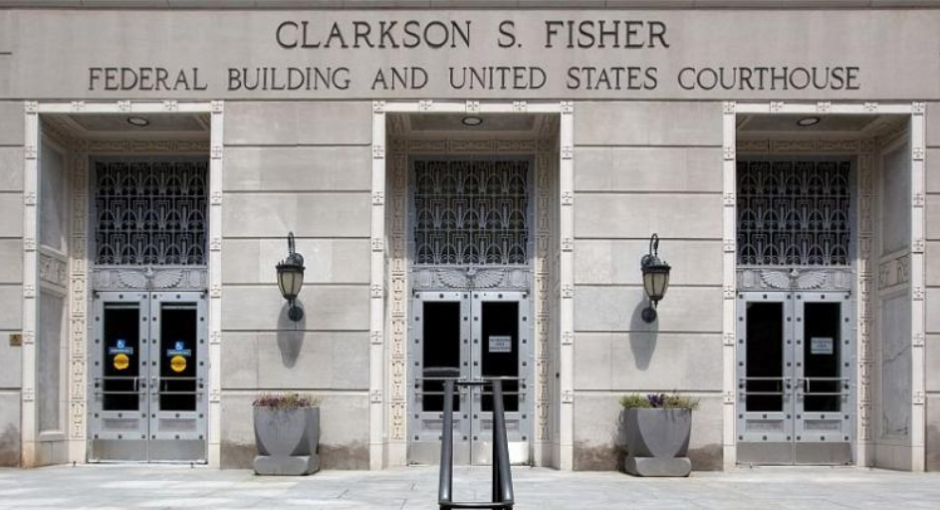A federal district judge in Trenton, N.J., this week denied drug makers’ Novo Nordisk and Sanofi’s motions to temporarily stop federal health officials from forcing the companies to immediately resume offering 340B pricing when covered entities use contract pharmacies. If the government imposes associated civil monetary penalties (CMPs) against the companies, however, the judge said they can renew their requests.
Both companies are trying to stop the U.S. Health and Human Services Department (HHS) from enforcing a Dec. 30 advisory opinion that drug manufacturers must offer 340B pricing when covered entities use contract pharmacies. The companies say they do not need to do so because 340B price reductions in contract pharmacy arrangements go to the pharmacies, not to the entities, and the 340B statute says they have to give discounts only to entities. The government says entities, not their pharmacy partners, are the drug purchasers in contract pharmacy arrangements, and drug companies have to offer 340B pricing.
Novo Nordisk and Sanofi make insulin products. A U.S. Senate Finance Committee investigation released in January found that list prices of insulin have doubled, and in some cases tripled, over the past decade. The 340B ceiling price calculation includes an inflation penalty that can reduce to $0.01 the 340B ceiling price of a drug whose price had risen sharply relative to inflation.
Sanofi is also challenging the U.S. Health Resources and Services Administration’s (HRSA’s) 340B administrative dispute resolution regulations.
On May 17, HRSA sent letters to the two companies and four others—AstraZeneca, Eli Lilly, Novartis, and United Therapeutics—telling them that their restrictions on 340B pricing when entities use contract pharmacies violate the 340B statute and had to be lifted immediately. HRSA told the companies they had to credit or refund entities for resultant overcharges, and warned them that non-compliance could result in CMPs of up to $5,883.00 for each instance of overcharging. HRSA gave the companies until Tuesday, June 1, to submit their compliance plans.
U.S. Chief District Judge Freda Wolfson is hearing both Novo Nordisk and Sanofi’s lawsuits. Both companies independently asked her to temporarily halt HRSA, as Novo Nordisk phrased it, “from carrying out the threats in their May 17 letter,” to enable the judge to expedite final judgments in their lawsuits.
In separate orders handed down on June 1, Wolfson denied both companies’ motions for temporary stays against government enforcement action. She said Novo Nordisk and Sanofi’s motions each failed the four-part legal test for granting such protection.
“The court finds that plaintiffs will not suffer any substantial prejudice if a stay is not entered,” Wolfson said in each of her two orders denying each company’s motion for a stay. “To be clear,” she added, “if defendants were to impose CMPs prior to the court’s resolution of this case, plaintiff would be permitted to renew the instant motion for an administrative stay.”


